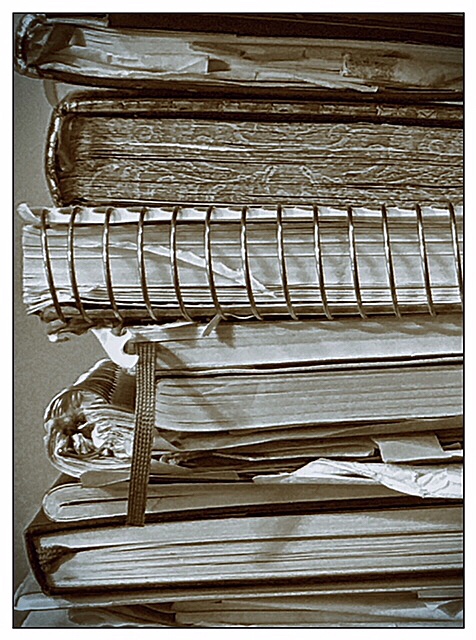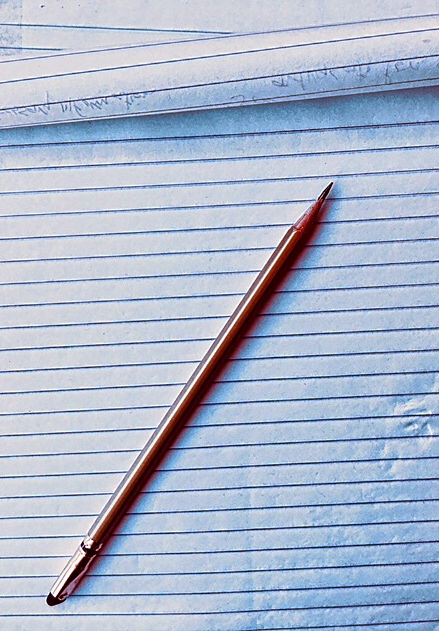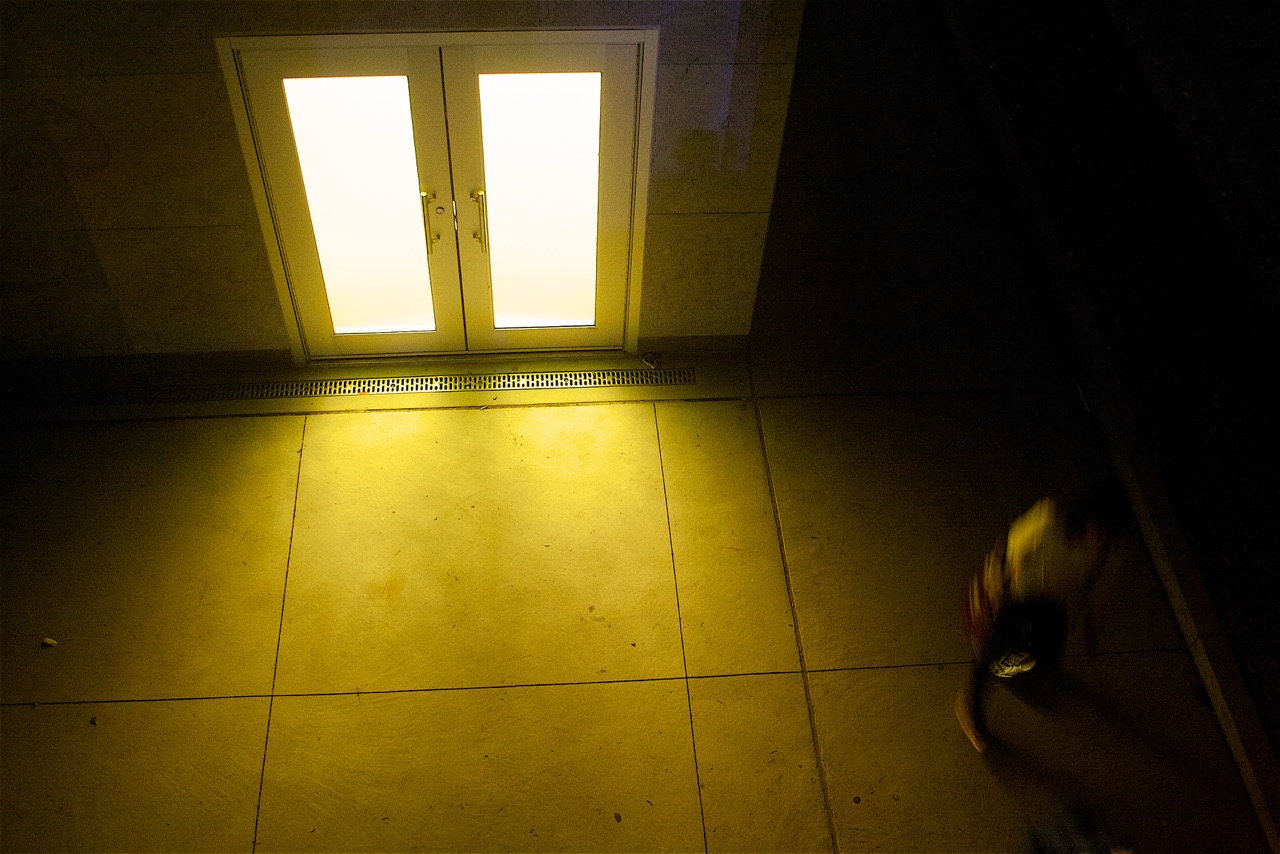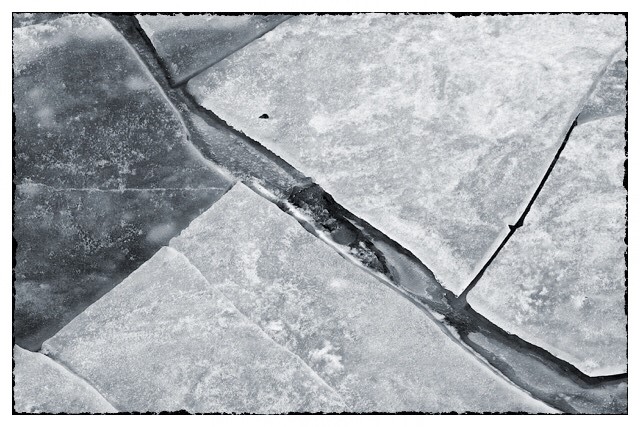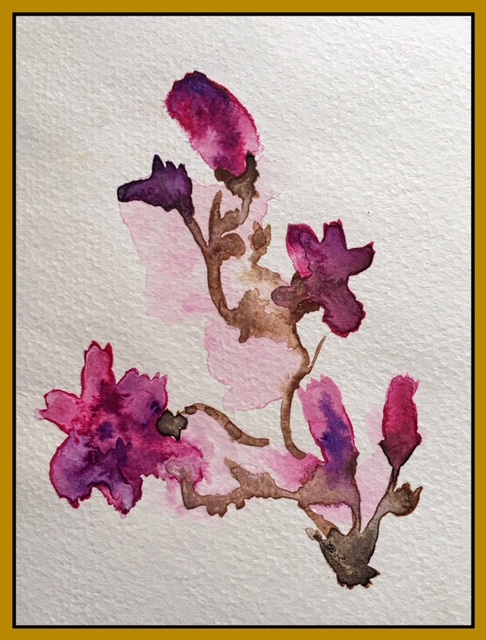Unorganized, like my life, I have stacks and stacks of words piled high.
Hardcover notebooks and coil-bound scribblers with pages torn out or splattered with coffee, the cover crinkled or nonexistent, sticky notes peering out all over the place, their purpose no longer evident.
A mass of words; random thoughts, heartfelt prose, messages of anger and liberation, or letters never sent. The skeletons of lonely poems are sketched out in some, partially presented prose full of rhyme and reason set out in others. This is my life.
This is what I write.
My handwriting as inconsistent as my days, it gets messy, it gets erased, sketches out a questionable trail, but I leave my mark. I hear the pencil press my soul into the paper. Sometimes I can hear the pain.
I write. Often. All the time, and maybe not enough.
While some of my works make it into a manuscript, essay, or rant, the rest of the notes rest silently between the covers. Right there, as sure as I am.
I write things down to remind myself, perhaps for convenience, or maybe inspiration. I feel thoughts are better contained splayed out on a page than circulating through my mind (that can get dangerous).
It doesn’t matter so much what I write as much as what I write into it. Details matter: questions to somebody who is not around, a laundry list of lost and found; theories that wake me at night, or delicious morning thoughts because I have them. There are disturbing missives when I can’t bare to say the words aloud, guilty pleasures are often allowed, and the remainder of the sentences and stanzas are held hostage. Until later.
There have been magnificent ideas (at least at the time), or scenes that belong in a book of mine.
I write out my life more for myself than those who are allowed a glimpse into this restless being.
What then of those who do not write?
What do people do when they think they have something to say? What about those who do not collect daring thoughts, or mundane messages that unexpectedly arrive? Do they leave memory to chance?
Do they remember specific nights, purposeful conversations, a daughter’s encouraging words, or the events that seem to make it or break it in present tense?
Do they not make plans, or set goals?
How do they account for their sins, or the substance of their self? Have they none, or do they not care? Are they unconcerned about where they have been, or what they have put themselves through?
Or why? How? And what about the when, as it changes over and again?
I spend unaccountable hours writing for me and my accountability.
I write not for proof, or validity, but to simply ensure these voices I hear have space to breathe. Thoughts without a place are uncontrollable, but give them a home, a notebook or journal, and they will behave (to a degree) for a while.
I write because I want to read my own depth (which can be both narrow and flat, but entirely mine).
I write because I need to write.
I write because I don’t remember what it is like not to write, and I don’t want to forget.
© 2018 j.g. lewis
